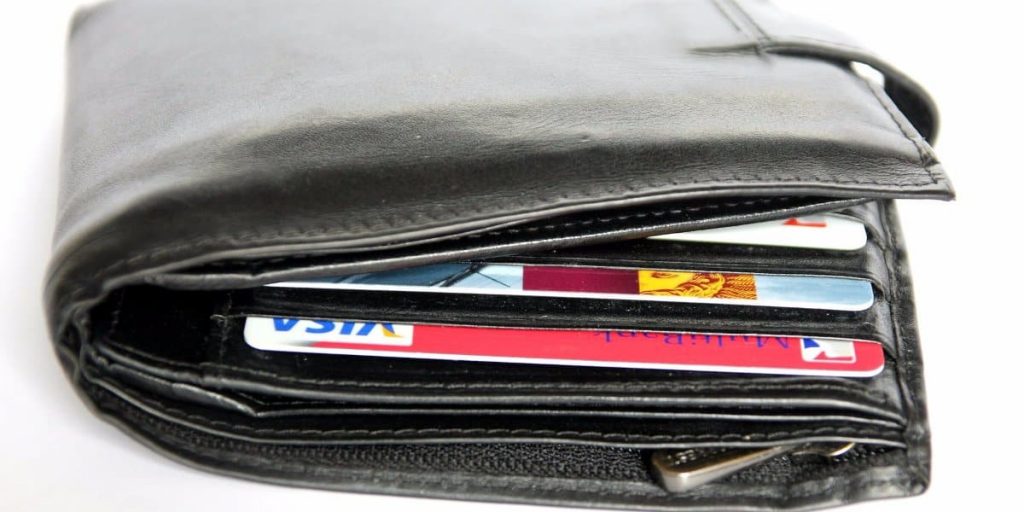Strategies for Managing Expenses After an Accident

It’s very unfortunate to witness a car accident, but those who have gone through this pain know how distressing it can be. They can bring about unexpected health and financial burdens.
It’s difficult to say what can impact more, the physical pain or the financial pain. However, they both are difficult to deal with, but you have to look for ways that can help you simplify the rest of your life.
In this article, we explore strategies that one can adopt to manage expenses after an accident, allowing individuals to navigate these difficult times with greater ease.
Documenting Expenses Clearly
After an accident, it becomes paramount to meticulously document all expenses tied to the incident. These encompass not only medical bills and repair costs but also transportation expenditures and any other outlays directly linked to the accident. This comprehensive documentation serves as a crucial tool in accurately gauging the overall financial repercussions of the unfortunate event.
Such clear and organized records not only aid in understanding the extent of the financial impact but also provide a solid foundation for any potential claims or negotiations.
Seeking Legal Advice
In instances where accidents carry legal implications, seeking counsel from a seasoned attorney is a prudent step to take. The guidance of a top-rated car accident attorney becomes invaluable in navigating the complex terrain of potential compensation avenues.
Things vary with every accident that takes place. That’s where professionals can help you. These professionals clearly guide individuals toward the rightful compensation they deserve, ensuring that no financial entitlement goes unclaimed due to legal complexities. The intricate web of legal proceedings and negotiations necessitates expert assistance to avert any undue financial strain.
Reviewing Insurance Policies
Insurance coverage emerges as a pivotal factor in mitigating the burdens of post-accident costs. Individuals in such situations should embark on a thorough examination of their insurance policies, unraveling the intricate details of what falls under the protective umbrella.
Whether it’s health insurance, auto insurance, or homeowner’s insurance, the nuances of coverage can vary significantly. By delving into the specifics, individuals can ascertain the degree to which medical bills, property damages, and liability expenses are covered, empowering them to make informed financial decisions.
Negotiating Medical Bills
Medical expenses post-accident can swiftly pile up, casting an additional shadow over an already trying situation. When grappling with mounting medical bills, proactively reaching out to healthcare providers and hospitals can yield fruitful results.
Engaging in discussions about potential payment options or negotiating bills is a practical approach. It’s heartening to note that many medical institutions exhibit a willingness to collaborate with patients, facilitating the establishment of practical and sustainable payment plans that alleviate the immediate financial burden.
Exploring Government Assistance
Certain scenarios warrant a closer look at the array of government programs and assistance available to individuals grappling with accident-related expenses. Exploring local, state, or federal resources can uncover potential avenues of financial relief, particularly for those confronted with substantial financial hardship as a direct consequence of the accident.
These programs often serve as a lifeline, extending a helping hand during times of financial adversity, thus offering respite from the weight of unforeseen expenses.
Consider Personal Injury Protection
For individuals residing in states that provide the option of Personal Injury Protection (PIP) coverage, this emerges as a valuable buffer against post-accident financial strain. PIP extends its protective umbrella over medical expenses, lost wages, and other unforeseen costs, irrespective of the party at fault.
Delving into the intricacies of available PIP options and grasping their manifold benefits can serve as a proactive approach to mitigating the strain that accident-related expenses can exert on one’s financial stability.
Budgeting and Cutting Unnecessary Costs
When navigating the financial aftermath of an accident, recalibrating and fine-tuning one’s budget is an imperative task. Temporarily curtailing discretionary spending is a practical strategy that unlocks the potential to redirect funds toward addressing accident-induced costs.
Scrutinizing subscriptions, dining-out habits, and entertainment outlays can free up resources that can be channeled toward offsetting the financial implications of the accident.
Exploring Financial Aid Programs
At the time of the confusion of post-accident financial stress, various organizations and charities extend financial aid to individuals grappling with unforeseen hardships. Delving into the world of these assistance programs is a proactive step towards alleviating the burden brought about by the accident.
Rigorous research and strategic application for relevant aid programs can be instrumental in easing the financial strain and paving the way toward a more stable financial journey.
Final Thoughts
Emerging from the aftermath of an accident demands not only physical and emotional strength but also financial acumen. The strategies unveiled in this article serve as a compass, guiding individuals through the intricate maze of post-accident expenses.







